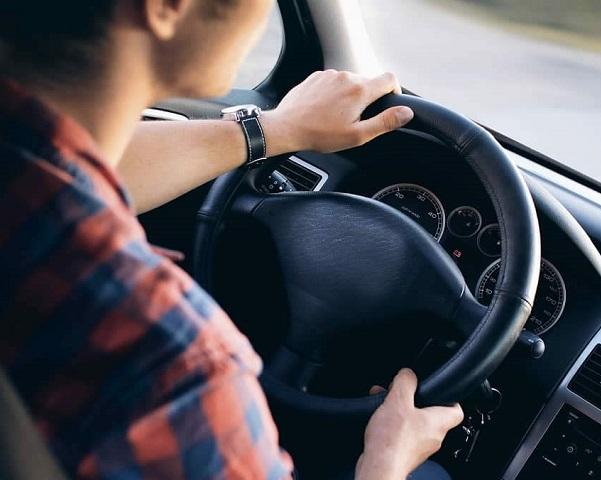This article will give you an overview on the rules regarding claiming expenses from your business. The rules vary depending on whether you are an unincorporated business e.g. a sole trader or a company.
What are expenses?
Expenses are the costs incurred for business purposes. As there is no legal distinction between the owner and the business for unincorporated business the principle of reimbursing expenses does not apply.
Sole trader / Partnership
For expenses to be allowable to the business, the expense must be incurred wholly and exclusively for the business i.e. incurred for the business, with no personal use. Where an expense has been incurred and there is mixed use i.e. private and business use, and can be apportioned on a relatively accurate business then the business portion will be allowed.
What expenses can I claim back?
The following apply for a company for expenses being claimed after April 2016 (i.e. after the removal of the dispensation).

Mileage and other travel expenses
Business mileage can be claimed back and other reasonable travel expenses. The rate depends on whether the individual is using a company car or their own car.
If they are using their own car, they can claim 45p per mile for the first 10,000 miles during the year and 25p per mile thereafter. In a company car, the rates are less.
More information is available on the gov.uk website here.

Accommodation and subsistence
Where you are away from your normal place of work, then accommodation can be claimed back for the costs of the accommodation and your evening meal (where it is practical that staying away from home is more realistic than travelling home and then back again).
HMRC will want to be satisfied that expense claims are checked by somebody with authority back in the office and that the expenses meet the wholly, exclusively and necessary test, e.g. the expenses are reasonable in terms of scale.
Where a company wants to pay out flat rate allowance such as £20 a night, they would need to get permission from HMRC otherwise the allowances would be treated as taxable pay.

Business phone calls
The business portion of a home phone line (where the director is paying for it himself) can be reclaimed.
Where the employer is providing the director with a home phone line, there will be a benefit in kind. Each director and employee can now be provided with a mobile tax from an employer tax free, even where there is some private use.
What can’t I claim back?
For a company, expenses that will not be treated as business expenses include any costs that do not meet the ‘wholly, exclusive and necessary’ definition. Exampes include a suit if you are a professional (as you could wear this for personal purposes even if you choose not to) or subscriptions for a magazine (where it is not necessary to perform your duties). Note that expenses must help you carry out your role, not help you perform your role better.
For the unincorporated, the expenses need to meet the ‘wholly and exclusive’ test.
How do I reclaim expenses?
Usually, a business will periodically ask you to submit an expense form and they will check and authorise these and then pay you directly into your bank. You must keep VAT invoices if the business wants to reclaim the VAT on your expenses.
If you are self employed all allowable expenses for the tax year will need to be calculated and the total amount is then included on your Self Assessment tax return. You don’t need to send in proof of expenses when you submit your tax return. However, proof and records of your expenses should be kept in case HM Revenue and Customs (HMRC) should ask to see them. Read more on the GOV.UK website here.
What records should I keep?
You need to keep all of your receipts, petty cash vouchers (to fill in when payments are made from the tin) and a record of the ‘top ups’ i.e. the amount to top petty cash up at the end of a period.









